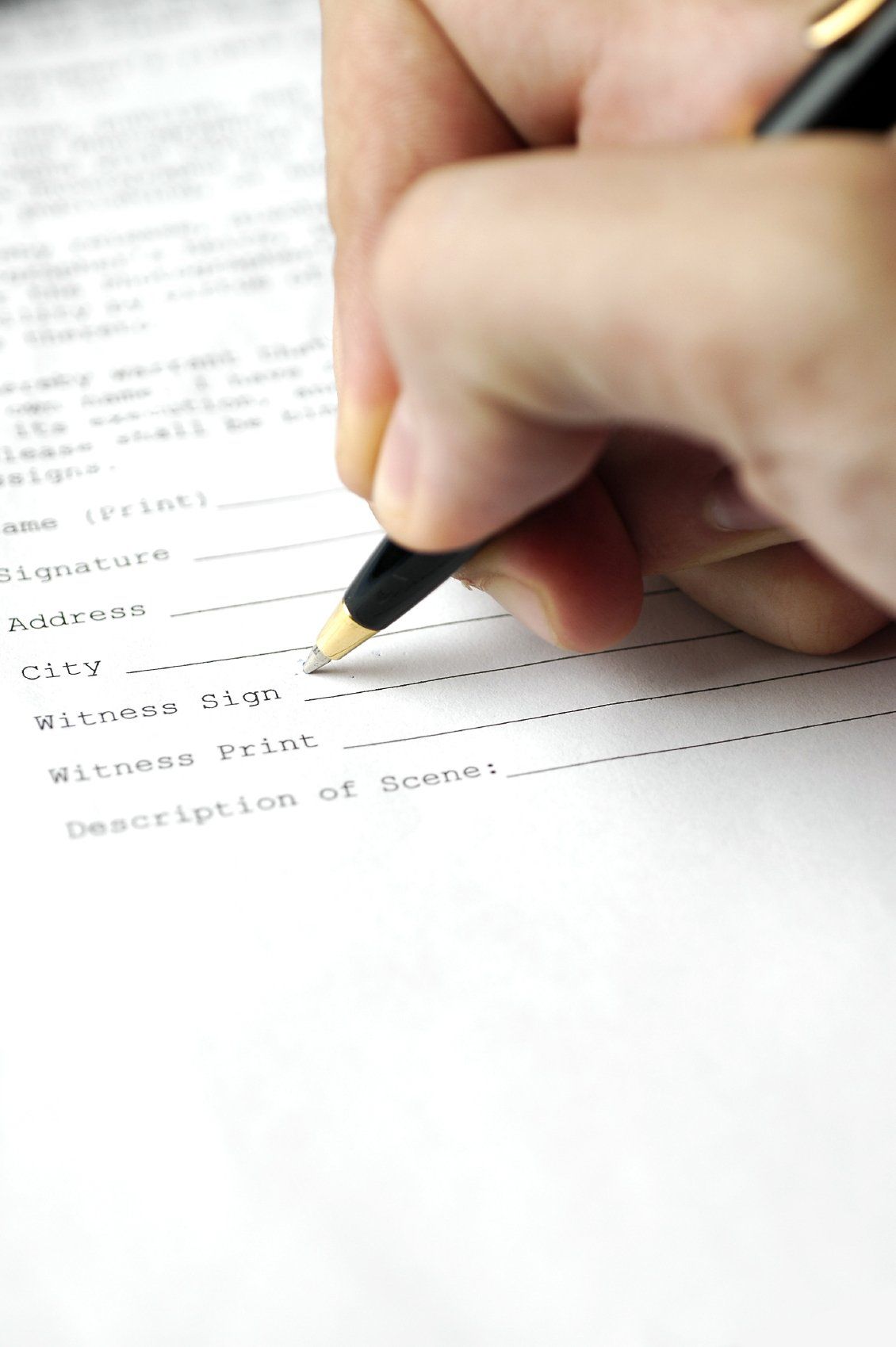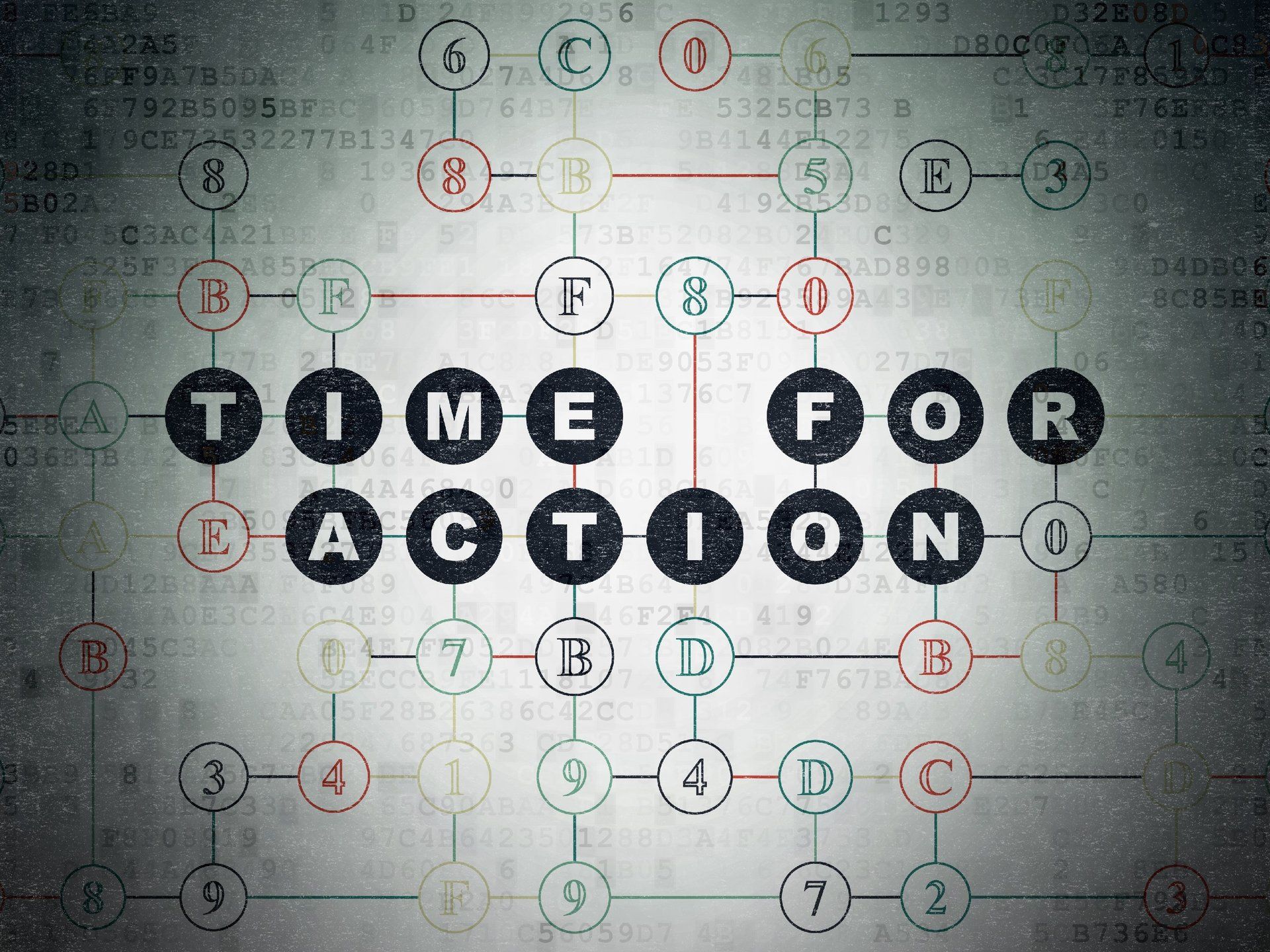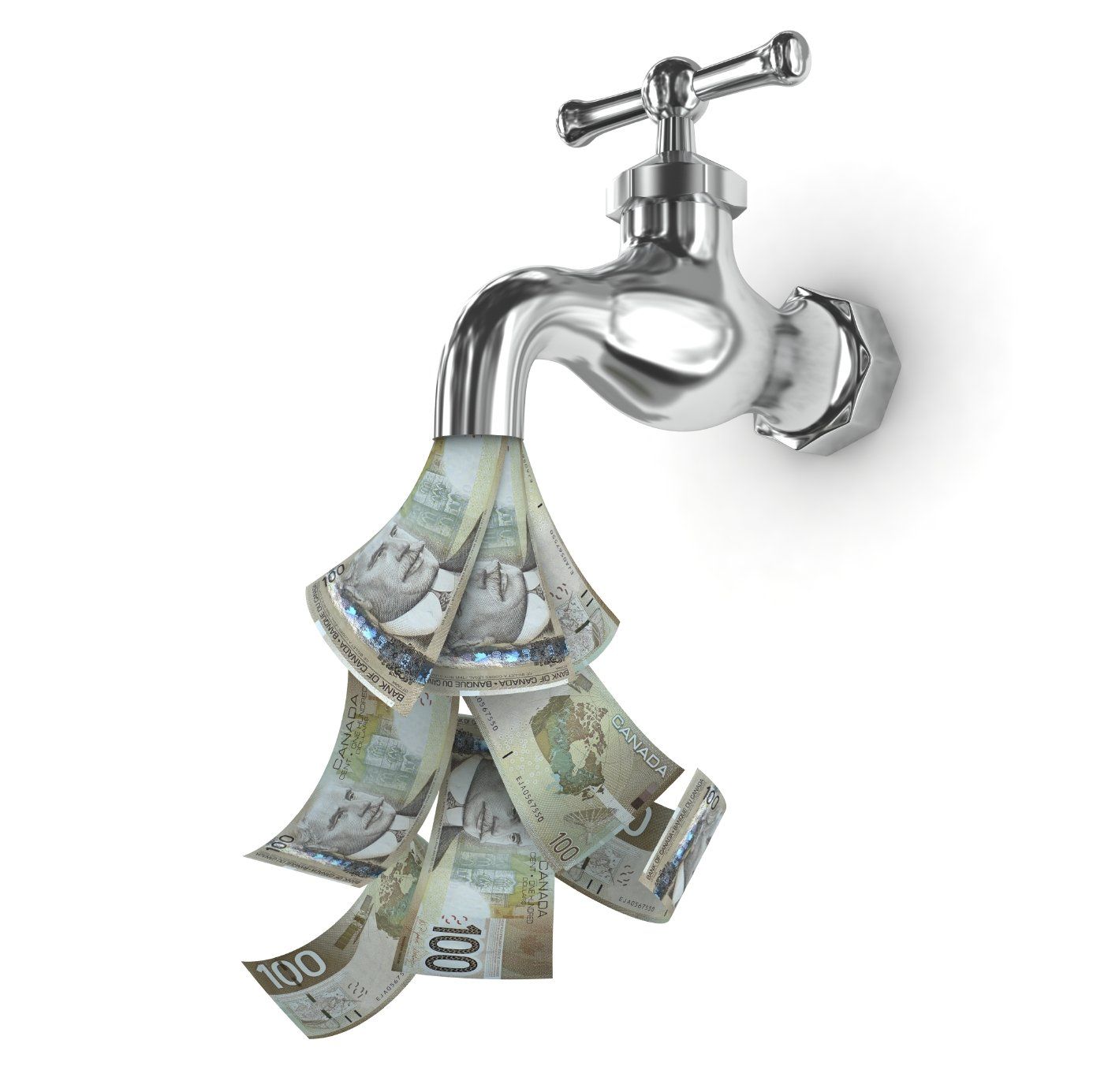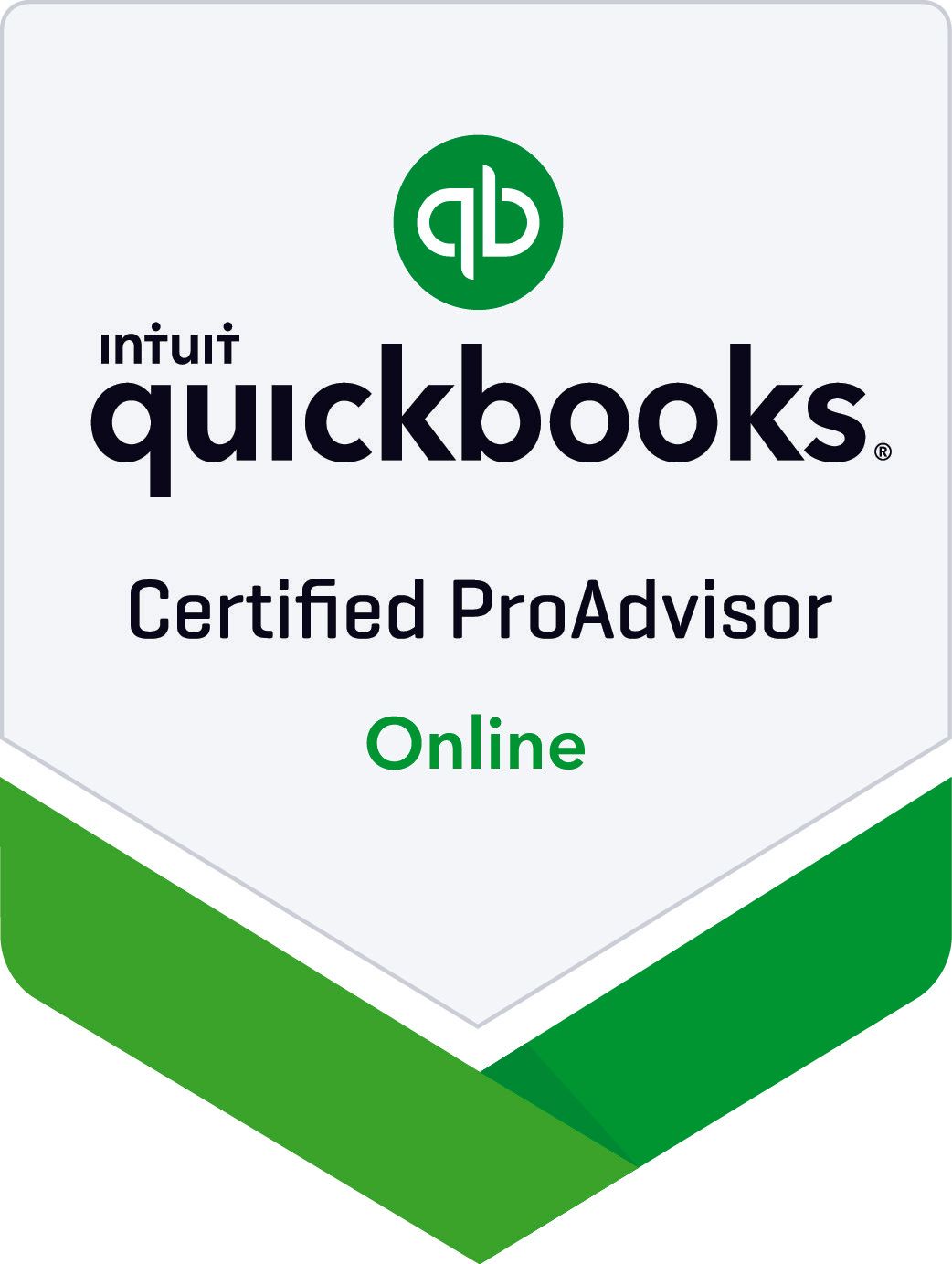Child benefit and National Insurance Credits
Amanda Lodge • 20 November 2019
Are you losing out?

As it is the time of year when people are filling in their tax returns, I thought I would write about the impacts that child benefit claims can have and help stop you missing out on a valuable aspect of claiming.
Some of you will be aware that if, as a couple one of you earns over £50,000 then the higher earner must pay back some child benefit if they or their partner has claimed it. This even applies if the children in question are not the higher earner’s children. If the higher earner is earning £60,000 or more all the benefit will have to be paid back to the government.
This is one of the areas of tax where the term partner includes people who are not married or in a civil partnership, but who are living together as if they were.
If one of you is lucky enough to be earning over £60,000 it is easy to think that simply not claiming child benefit solves a problem. After all it avoids the need to do a tax return.
However, this may not be the best thing to do. If the “lower paid” partner is either not earning at all, or if their income is less than the lower NI thresholds (they are different depending upon whether they are employed or self-employed) then it is more sensible to claim.
It is possible for the lower paid or unpaid partner to make a claim for child benefit and then ask for it to not be paid (only do this if one of you earns over £60,000). This means there is no requirement for a tax return and no money to return, but it does register the claim.
The reason for this is that claiming child benefit for a child up to the age of 12 earns the person claiming a “national insurance credit”. Each of us needs to collect 35 full year credits (you can only get one a year) in order to qualify for a full state pension. Whilst the pension is not a huge amount of money it can be a significant help with pension planning.
So, before you stop a child benefit claim, or decide not to claim for another reason, check that you are earning your credit for the tax year through your salary or by some other means – or you could lose out!

It has been quite some time since I have posted anything here. The Covid-19 pages of my website have had my attention instead. I thought I would focus on something that I have come across more than once in recent weeks and may be relevant to those of you who may be setting up your own businesses. It is common for a couple of friends to get together to form a partnership or company, or for one friend to buy into another’s company. They have usually been friends for a long time and are excited by their new venture. At this point no one likes to think about what happens if the relationship comes under strain or even breaks down. But let’s face it the pressures of running a business can be significant at times. The problem often lies in the fact that informal arrangements are set up on an equal, 50/50 basis which is fine as long as you agree with one another. When you stop agreeing you are left in a stalemate situation, often where each party has the authority to do what they like! All sorts of things can happen in life that affect a person’s ability to dedicate time and energy to a business or their decision making attitude or capacity. What if one person gets seriously ill for example? What happens if you cannot agree on something and one person sets up on their own in competition, taking many of the clients, the stock, etc? Unfortunately, it can happen, leaving someone having lost the benefit of years of financial investment and plain hard graft. The way to minimise this kind of risk is to have a shareholder or partnership agreement from the outset. This may set out such things as: how members or partners are to be paid how much profit is to be retained in the business as working capital how often management, board and/or shareholder meetings will be held whether certain transactions can only be entered into with the agreement of all involved, e.g. taking out a loan, buying property, starting legal proceedings etc. how the business should be split if you do agree to go separate ways. in what circumstances (such as death, or gross misconduct) compulsory purchase of shares can happen, and who will value the shares. These are just examples; the list will be unique to each business. These can be difficult agreements to put in place between long standing friends and hopefully most agreements will never need to be used in time of trouble, but they to help to create a business relationship, help you think about the business you are establishing or buying into and offer a legal framework if things do go wrong. They can also be re-visited and changed in the future if the need arises, so they are not set in stone. I do believe it is something worth thinking about.

If you have a new sole trade that you started in the tax year from 6 April 2019 to 5 April 2020 you will not be eligible for Covid-19 assistance from the government, but you could be due a refund of tax if your business has made a loss in the period to 5 April 2020. Not something the government has been publicising! There is a danger that you will be encouraged by our tax system and (if you are one of the many who’s business has suffered significantly due to Covid-19) a need to save money, to do your own tax return and use what is called the cash basis to prepare your accounts, it is much simpler than the alternative and may make sense for many. However, it does prevent you from claiming most of the loss reliefs that are available. So, it is worth thinking before you do so. If you were employed during the three years before you set up your business and paid tax on those earnings you may well be able to claim some of that tax back if your business has made a loss, but you will need to use accruals accounting and need the help of an accountant to make the right claim. In calculating the loss, you can even include the value of capital items, like vans and equipment as you will be able to claim what is known as capital allowances on such items. Last year I claimed about £2,300 back for a client – I did not charge him anywhere near that to do it, there is no point if there is no win for my client. What is more the tax that is returned is treated as income of the year any salary was earned in so it should have no effect on any current benefit claims (other than it will affect the level of your savings). The first accounts you get taxed on as a new sole trader are from when you started to 5 April 2020 – this is a rule for everyone, so your first tax return can be prepared and submitted now, meaning you get your tax back sooner rather than later. If you think these circumstances may apply to you why not arrange a free, no obligation video chat to see if I can help.








